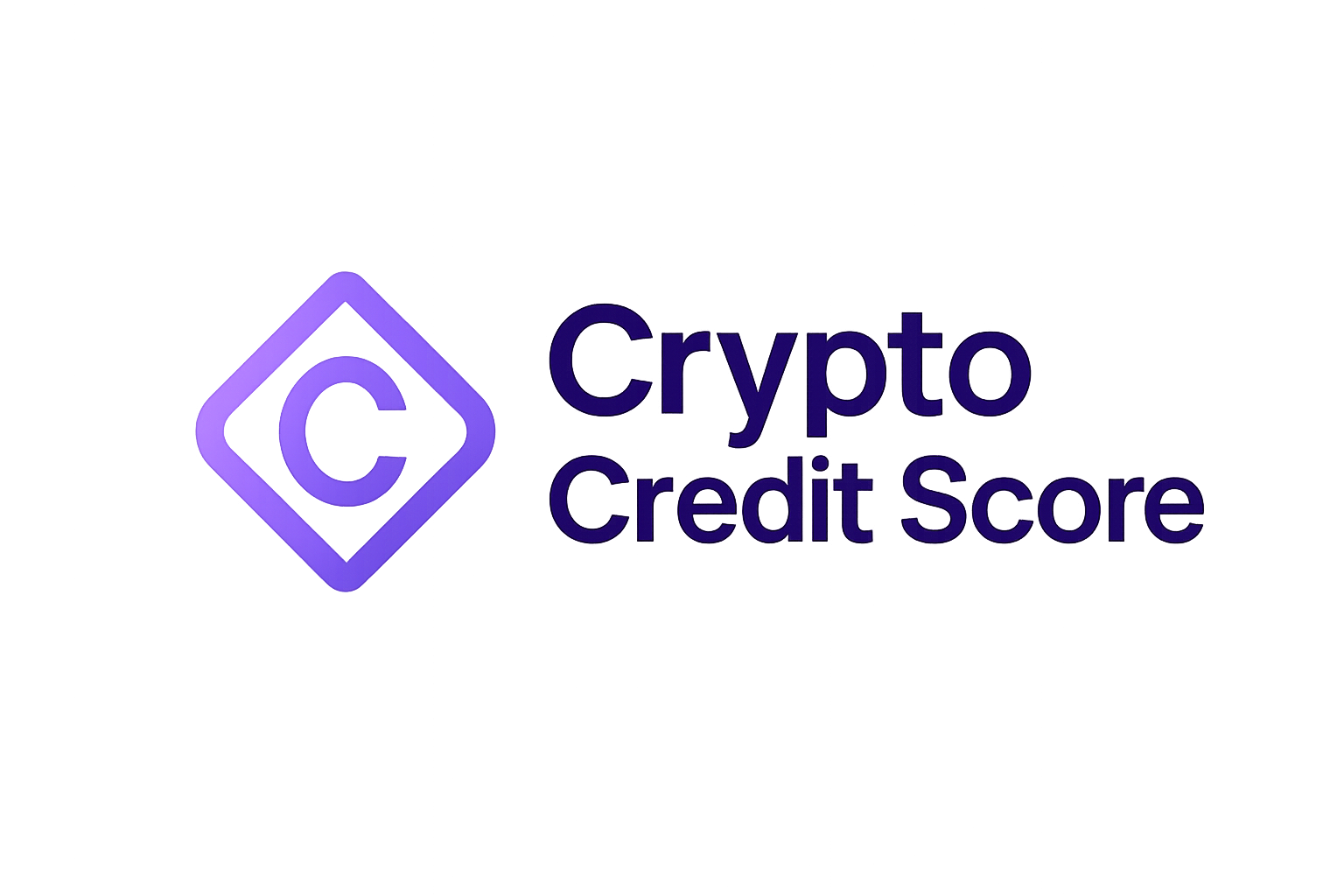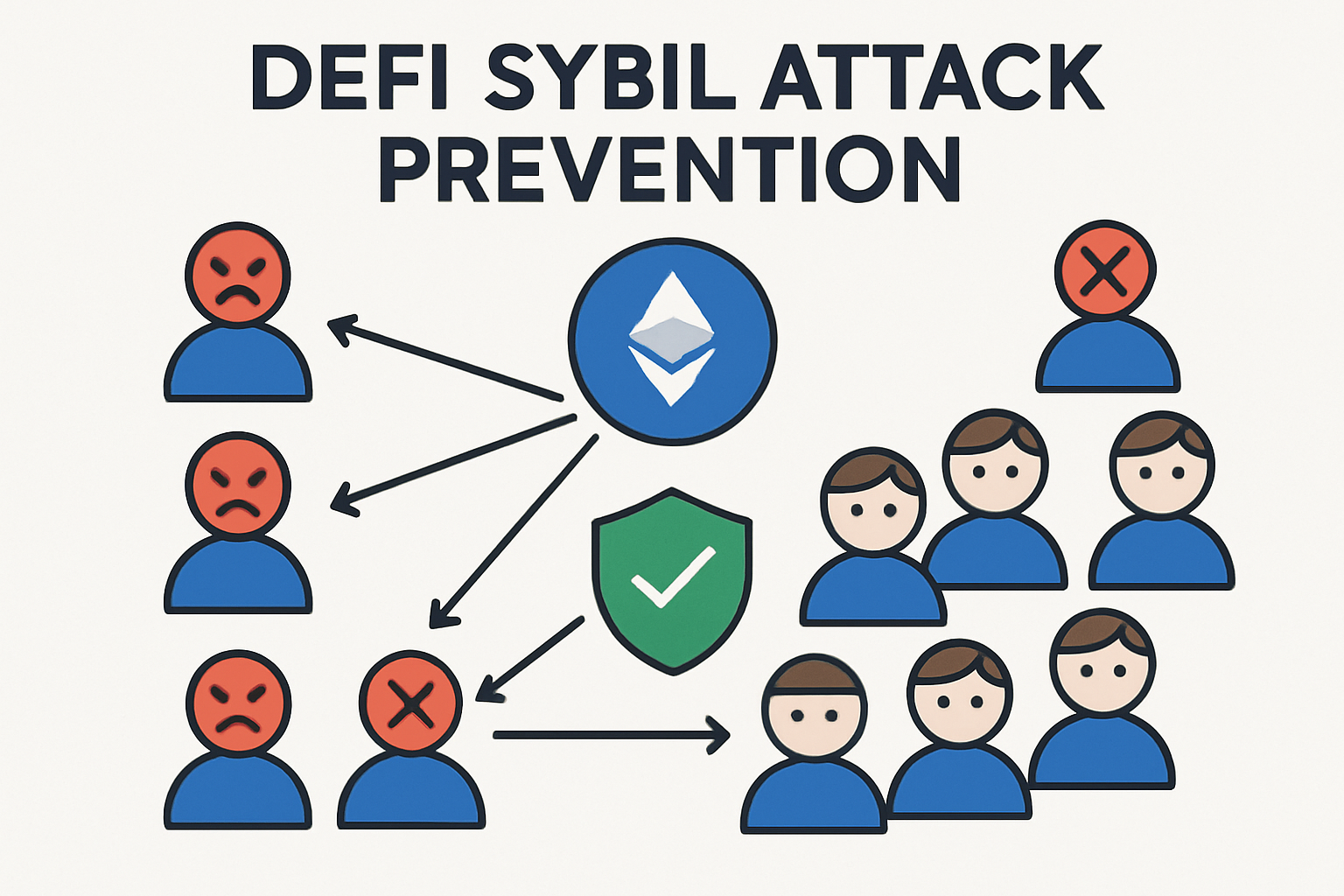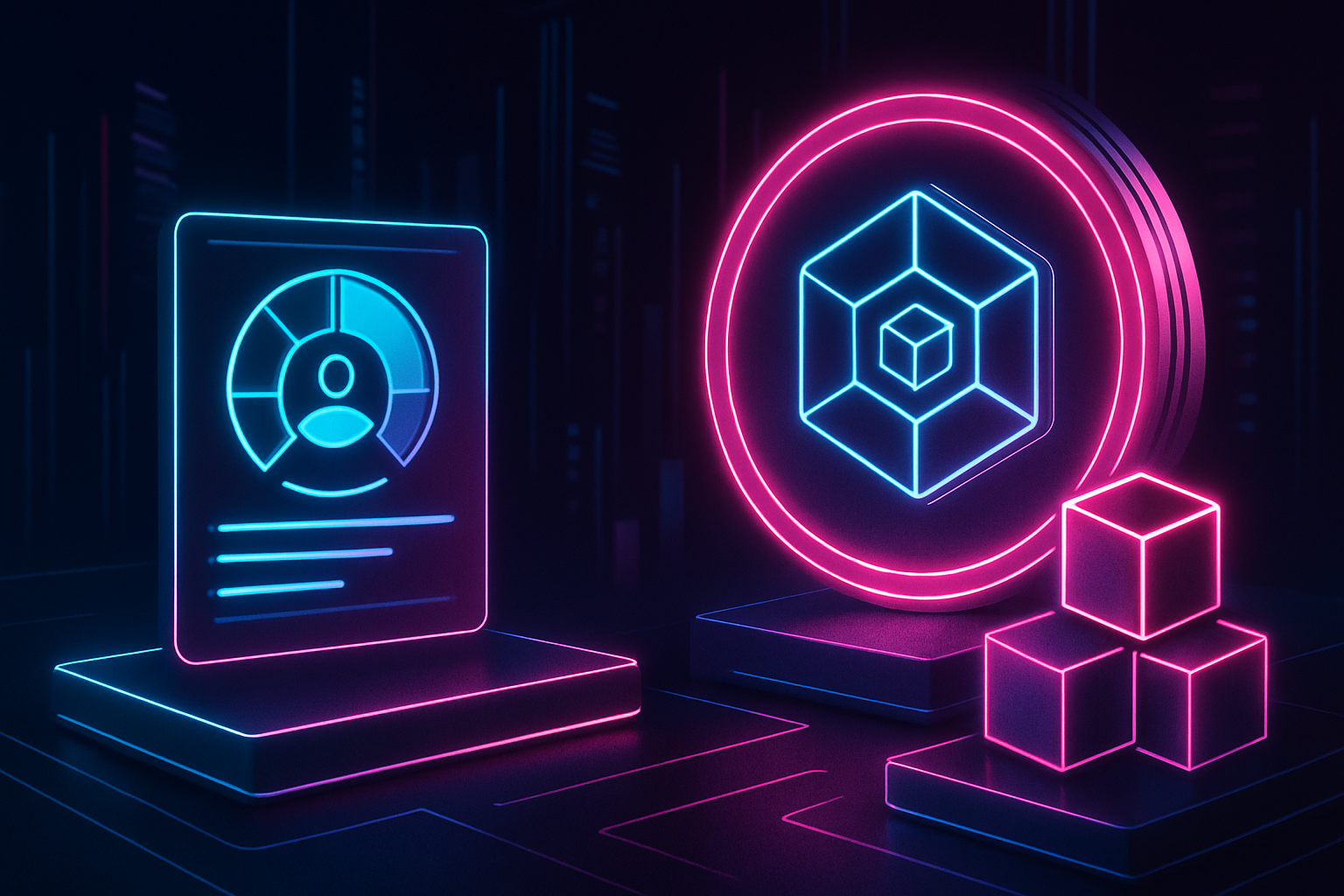
In the rapidly evolving landscape of decentralized finance (DeFi), the traditional model of over-collateralized lending is increasingly seen as a bottleneck for capital efficiency and user inclusion. While requiring borrowers to lock up assets worth more than their loan value has kept default risk low, it has also limited DeFi’s reach to those already holding significant crypto wealth. The emergence of on-chain credit scores is poised to disrupt this paradigm, enabling a new era of under-collateralized DeFi lending that could unlock trillions in value for the ecosystem.
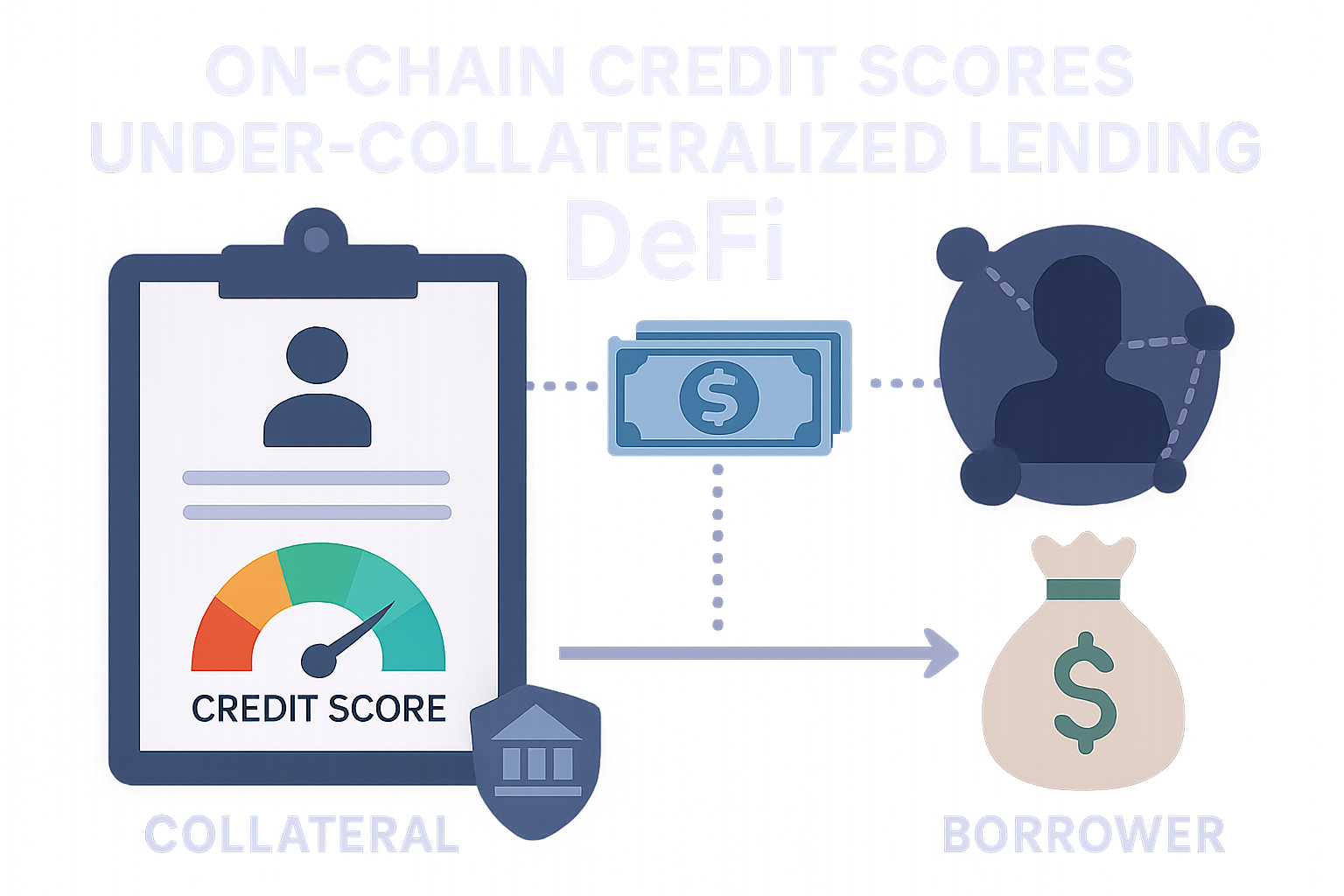
What Are On-Chain Credit Scores?
On-chain credit scores are decentralized, algorithmically generated assessments of a user’s creditworthiness based entirely on blockchain data. Unlike traditional credit bureaus, these scores draw from a borrower’s transaction history, repayment patterns, DeFi protocol interactions, and wallet behaviors. The result is a transparent, objective, and tamper-resistant credit profile that is portable across platforms and protocols.
The core advantage is that decentralized credit scoring is not reliant on off-chain data or third-party verification. Instead, it leverages the immutable nature of blockchain records to build a holistic risk profile in a trustless environment. This approach not only democratizes access to credit but also protects user privacy through advanced cryptographic techniques like zero-knowledge proofs.
Driving Under-Collateralized Lending in DeFi
The integration of on-chain credit scores into lending protocols is a game-changer for under-collateralized DeFi lending. By providing lenders with granular insights into a borrower’s on-chain reputation and risk profile, these scores enable more nuanced risk assessment and tailored loan terms. Borrowers with strong repayment records or active participation in reputable protocols can now access loans with reduced or even zero collateral requirements, something previously unimaginable in DeFi.
This shift is already being realized by platforms like Credora, which partners with Clearpool and Obligate to deliver comprehensive on-chain credit assessments, and RociFi, which assigns Non-Fungible Credit Scores (NFCS) to users based on their activity. Learn more about how on-chain risk scores are transforming under-collateralized crypto lending.
Leading DeFi Protocols Using On-Chain Credit Scores
-
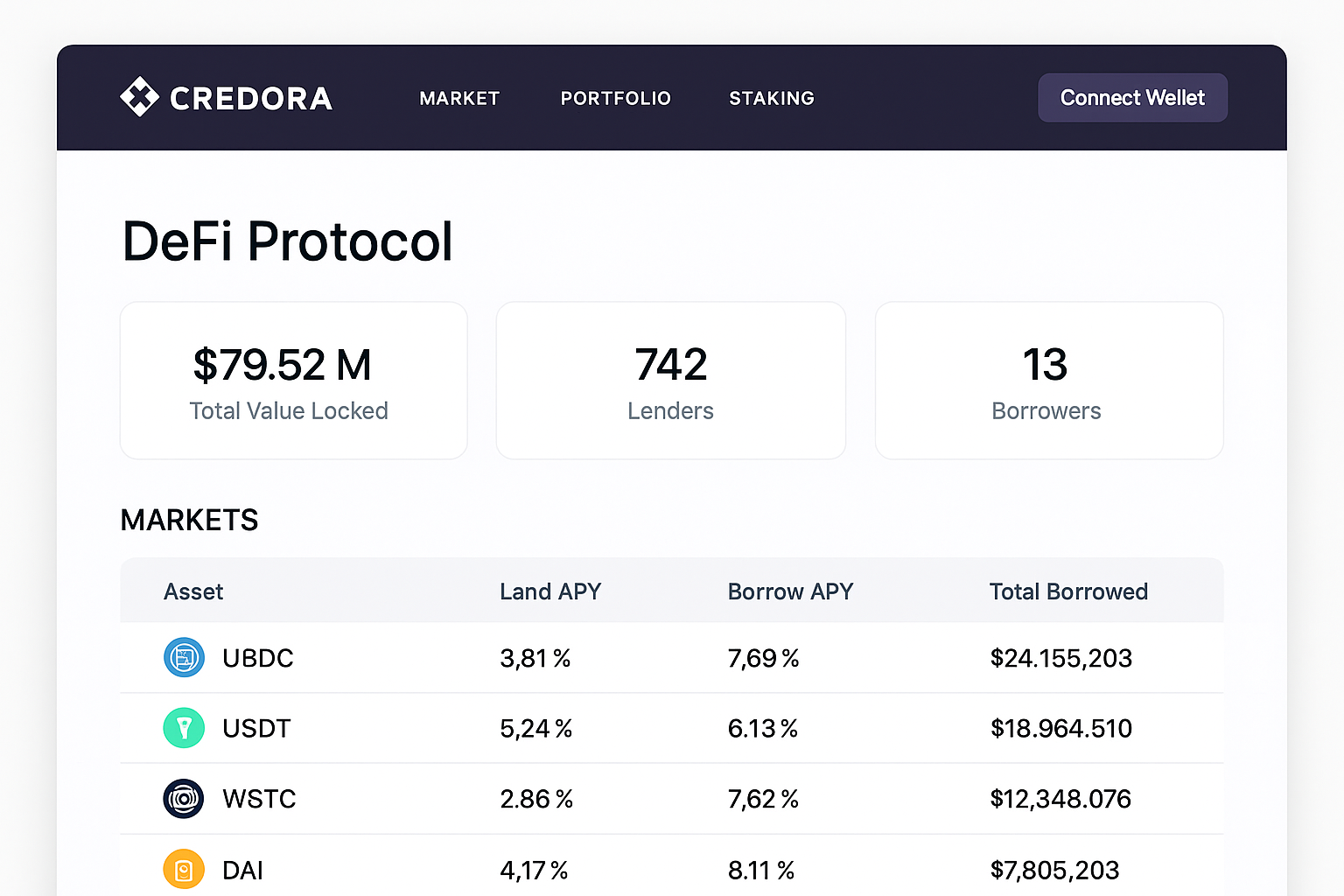
Credora integrates on-chain credit scores to facilitate under-collateralized lending across DeFi markets. By partnering with platforms such as Clearpool and Obligate, Credora enables comprehensive risk assessment, enhancing transparency and capital efficiency for institutional and retail lenders.
-
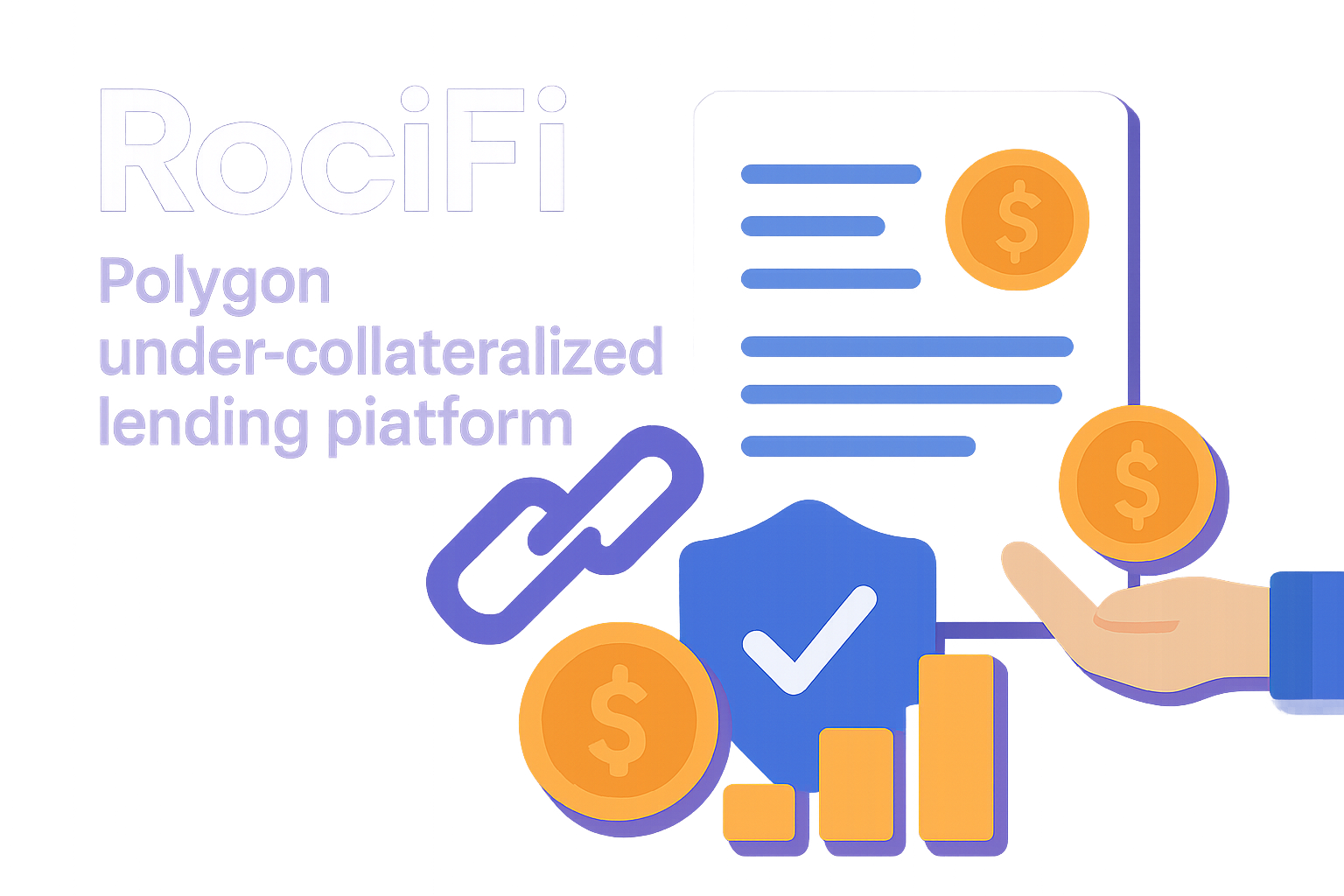
RociFi operates on the Polygon network and issues Non-Fungible Credit Scores (NFCS) to users. These scores, ranging from 1 to 10, are derived from on-chain activity and decentralized identity data, allowing for tailored under-collateralized lending terms based on individual creditworthiness.
-
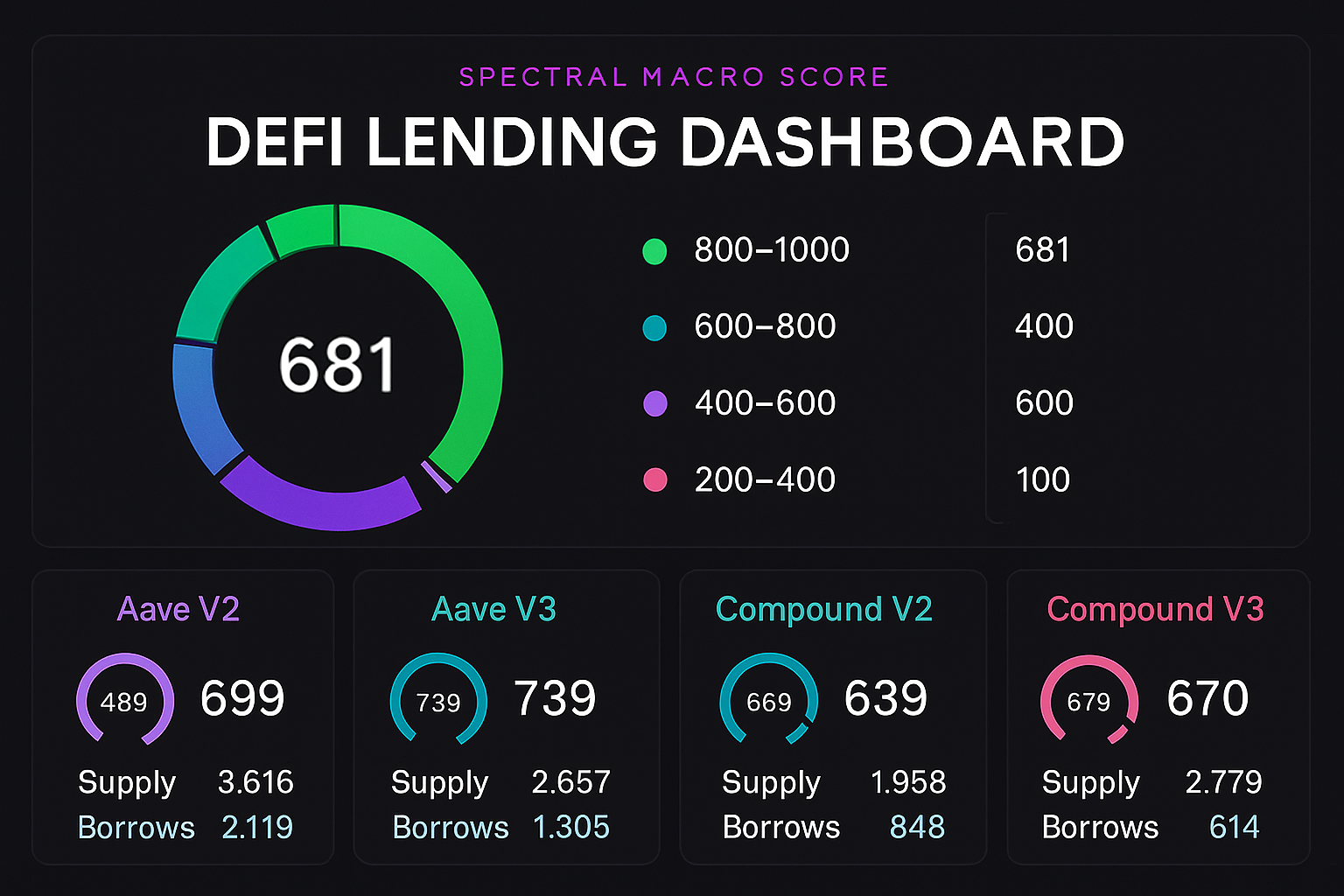
Spectral offers the Multi-Asset Credit Risk Oracle (MACRO) score, an on-chain credit assessment tool analogous to traditional credit scores. By analyzing transaction history and liquidation events, Spectral empowers DeFi lenders to make informed decisions on under-collateralized loans.
-

LFG Protocol leverages on-chain social profiles and tokenized reputation to evaluate borrower creditworthiness. By utilizing decentralized attestations and blockchain-based identity, LFG enables pseudonymous, under-collateralized lending while preserving user privacy.
-
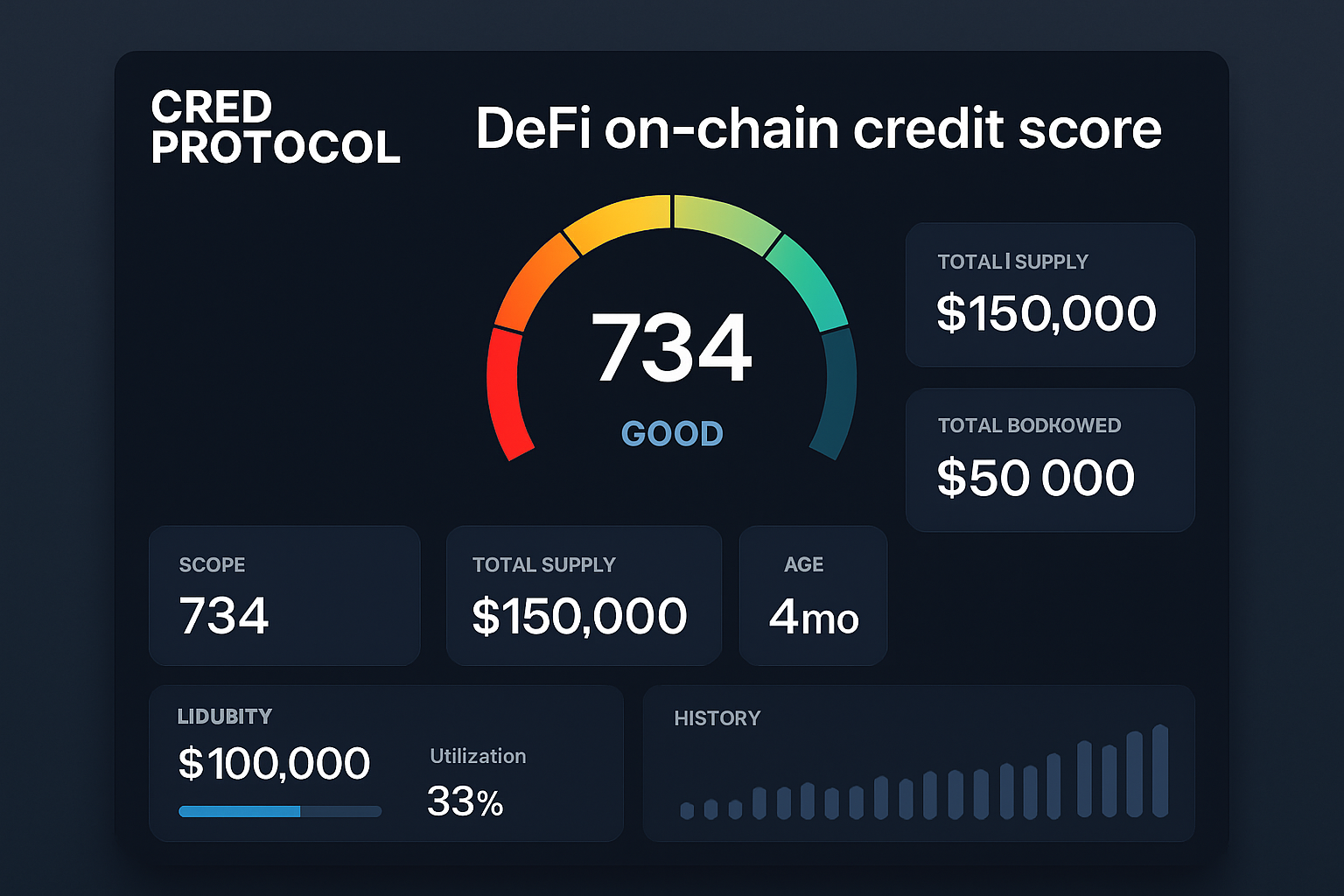
Cred Protocol (formerly known as DeFi Score) provides on-chain credit scoring infrastructure to multiple DeFi platforms. By aggregating user activity and risk metrics, Cred Protocol supports under-collateralized lending decisions across integrated lending markets.
Privacy, Security, and Zero-Knowledge Proofs
One of the most critical challenges in decentralized credit scoring is balancing transparency with privacy. Enter zero-knowledge proofs (ZKPs). These cryptographic tools allow borrowers to prove their creditworthiness or minimum score to a lender without revealing sensitive underlying data. For example, Chainlink’s DECO protocol enables users to privately attest to off-chain information, such as income or identity, while keeping personal details confidential.
Protocols like Credora and Spectral are incorporating ZKPs to ensure that users maintain control over their data while still enabling robust risk assessment. This privacy-preserving approach is essential for scaling under-collateralized lending in a trustless Web3 environment.
Key Benefits of On-Chain Credit Scoring
- Capital Efficiency: Reduced collateral requirements free up liquidity for both borrowers and lenders.
- Financial Inclusion: Users without significant crypto holdings but strong on-chain reputations can access credit.
- Risk Transparency: Objective, real-time risk assessments based on immutable blockchain data.
- Privacy: Zero-knowledge proofs protect sensitive data while enabling trustless lending.
As DeFi continues to mature, the adoption of on-chain credit scores is set to accelerate, with protocols racing to provide the most accurate and privacy-preserving risk assessments. Explore more about how on-chain risk scores enable under-collateralized lending in DeFi.
Yet, as with any disruptive technology, the journey toward widespread under-collateralized DeFi lending is not without obstacles. The decentralized nature of Web3 raises unique questions around identity, reputation, and the incentives for both borrowers and lenders. For example, the risk of sybil attacks, where a user creates multiple wallets to game the system, remains a persistent challenge. Innovative solutions such as on-chain social profiles, tokenized reputations, and AI-driven address clustering are being explored to counteract these risks and further refine decentralized credit scoring methodologies.
“On-chain credit scores are not just about unlocking capital, they’re about building a more inclusive and transparent financial system for everyone participating in Web3. “
The Road Ahead: Standardization and Risk Management
For under-collateralized lending to reach its full potential, standardization across protocols is essential. Currently, each platform may use different data points or scoring algorithms, leading to fragmentation and inconsistent risk assessments. Efforts are underway to establish interoperable frameworks for decentralized credit scoring that can be adopted by multiple protocols. This push toward standardization will help reduce systemic risk and create a more seamless experience for users seeking liquidity across different DeFi ecosystems.
Furthermore, robust DeFi lending risk management must evolve alongside these new models. Lenders need confidence that on-chain credit scores accurately reflect borrower risk; this requires continuous monitoring of blockchain activity and adaptive AI models capable of flagging anomalous behavior in real time. As more historical data is accumulated on loan performance tied to specific credit scores, predictive analytics will play an increasingly central role in pricing risk and setting interest rates.
Unlocking Trillions: The Promise of Trustless Lending
The implications of scalable under-collateralized lending are profound. By reducing capital lock-up requirements while maintaining robust risk controls through transparent on-chain data and privacy-preserving cryptography, DeFi can attract a broader spectrum of borrowers, including individuals and businesses traditionally underserved by legacy finance.
This paradigm shift could ultimately unlock trillions in value as new participants access liquidity without sacrificing security or privacy. As highlighted by recent research and industry initiatives, the fusion of AI in DeFi credit, zero-knowledge proofs, and decentralized identity solutions is rapidly accelerating this transformation.
Top Challenges in Under-Collateralized DeFi Lending
-
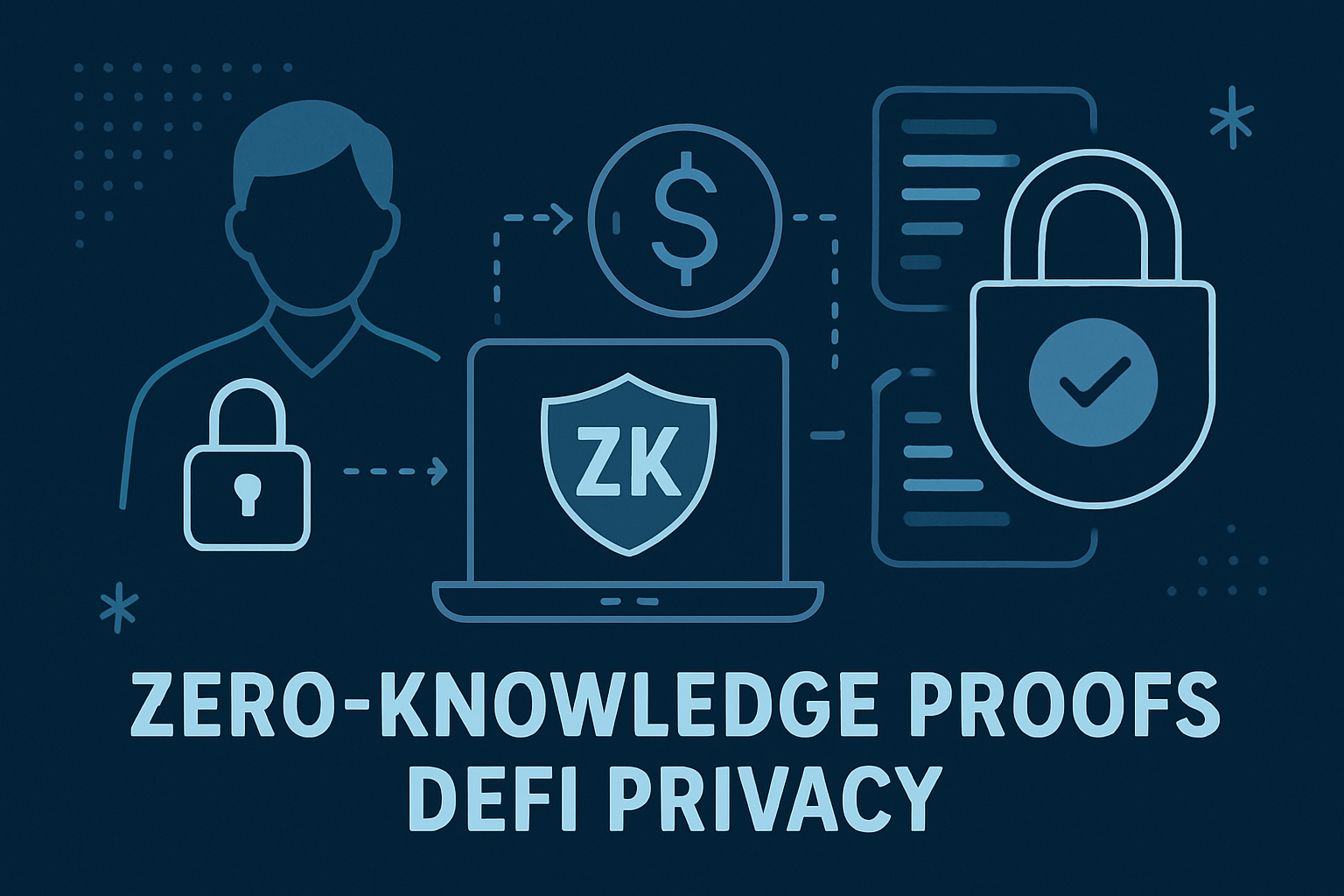
Data Privacy: Balancing transparency with privacy is crucial, as on-chain credit scoring often requires analyzing sensitive financial data. Zero-knowledge proof technologies, such as those used by Credora and the Chainlink DECO protocol, enable private attestation of creditworthiness without exposing personal information.
-
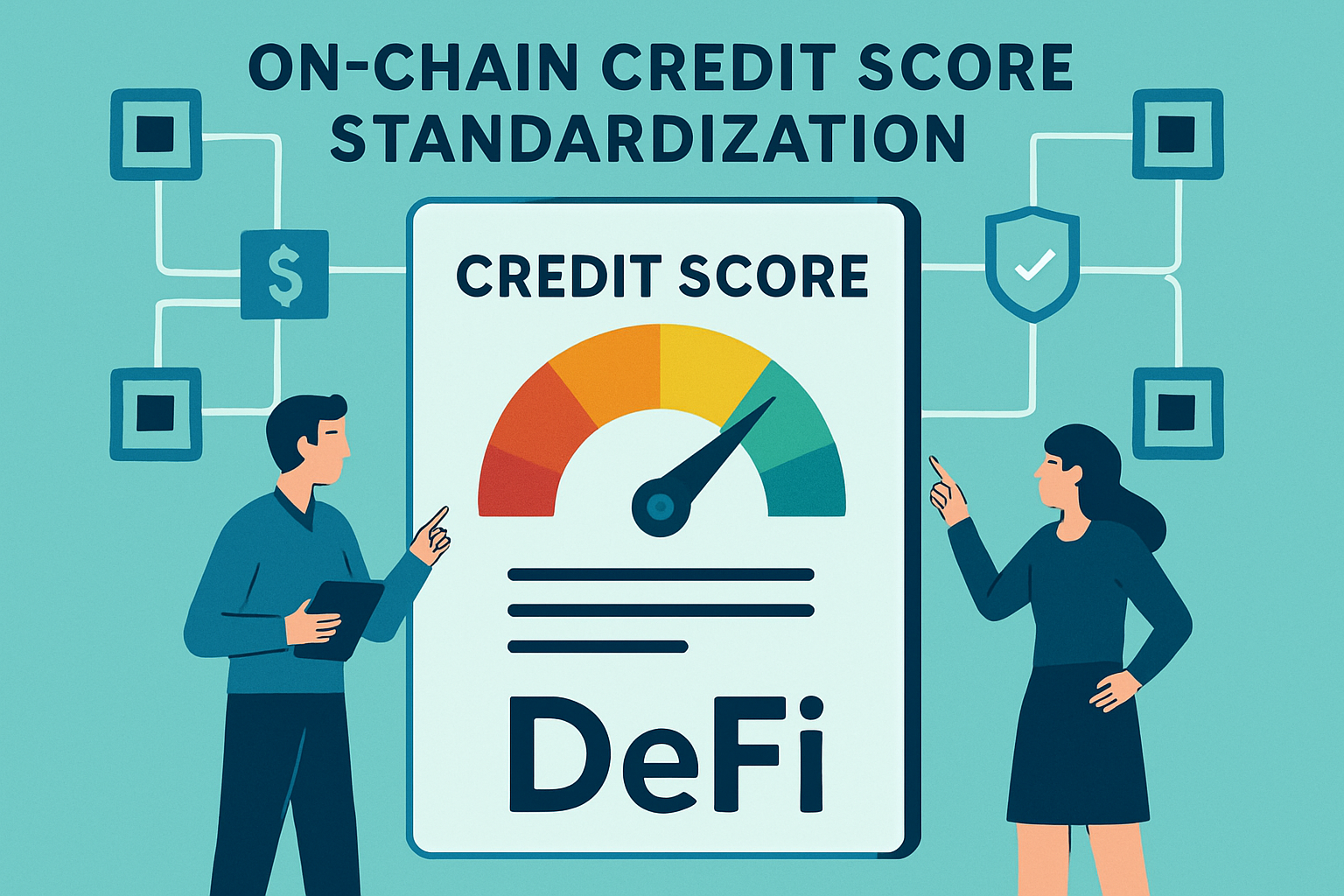
Standardization of Credit Scoring: The lack of universally accepted methodologies for calculating on-chain credit scores leads to inconsistencies and makes risk assessment difficult for lenders and investors. Efforts by platforms like Spectral (with its MACRO score) and Credora are moving the industry toward more standardized, transparent credit metrics.
The next phase will see more protocols integrating cross-chain attestations, improved sybil resistance mechanisms, and collaborative efforts between projects like Credora, Spectral, RociFi, Chainlink DECO, and LFG. For those building or evaluating new financial primitives in Web3 today, understanding the nuances of how on-chain credit scores enable under-collateralized lending in DeFi is critical for both innovation and prudent risk management.
The momentum behind decentralized credit scoring signals not just a technical breakthrough but a step toward a fairer financial future, one where trust is algorithmic yet privacy remains sovereign.
